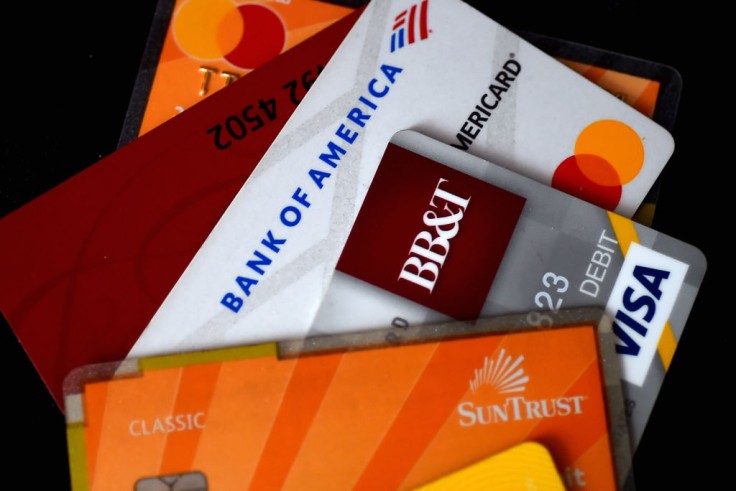
With the adoption of digitalization for several transactions across the world, numerous mobile banking scams arise as well. Fortunately, there are ways to keep your account secure and avoid scammers.
Mobile Banking Scam
As more bank branches have been temporarily closed due to the pandemic, more clients found ease in mobile banking, and data shows the trend will continue, per Bankrate.
FIS, a bank technology supplier, issued a study in mid-May which revealed that 31 percent of banking participants plan to use more online and mobile banking in the future.
Despite the benefit it brings, the FBI has warned people that hackers might use a variety of approaches to attack new mobile banking consumers. The said attacks might include app-based banking Trojans and fraudulent banking apps.
For background information, Investopedia stated that a banker Trojan is a type of malware that attempts to steal credentials or obtain financial information from the client of a banking institution. Additionally, it will frequently utilize a fake financial institution's website to provide customer data to the attacker.
This seems harmless on the surface, but it may destroy a device or computer if downloaded and installed.
Regardless of how helpful mobile banking is, customers must take certain measures when using it.
In relation to this, senior vice president of risk and cybersecurity policy at the American Bankers Association Paul Benda stated that downloading the software from a secure store is just as safe as going to a bank branch, per Bankrate.
To give further details, Brenda explained that the best location to get the mobile banking app safe is on the bank's website since you will be directed to the correct link of the app.
Moreover, he also noted that banks utilize incredibly secure, high-end encryption methods.
With that being stated, you must keep in mind that you should only head to the bank's official website to avoid mobile banking scams.
4 Ways to Prevent Being a Victim of Mobile Banking Scam
Since every transaction in the world has become more digitalized, hackers are also adapting to this trend, and their ways of scamming people are evolving as well.
4. Use Two-Factor or Multi-Factor Authentication
According to the University of Auckland, two-factor authentication provides an extra security layer to the system, allowing you to validate your identity. Its purpose is to make things more difficult for hackers and decrease fraud risks.
3. Use Combination Passwords
Financial fraud and identity theft can be prevented with the use of a strong password, per Secure Data Recovery.
Moreover, hackers can quickly acquire access and control of a device if you use simple and commonly used passwords.
Meanwhile, Bankrate recommended that using a password that comprises random upper- and lower-case characters, numbers, and symbols are one of the greatest methods to secure oneself.
2. Never Use Public Wi-Fi
According to research conducted by the Kaspersky Security Network, over a quarter of all free public Wi-Fi in the world do not utilize any form of encryption, per Goodspeed.
When you use a public Wi-Fi hotspot, you'll be often informed that you're not on a secure network and that others may be watching your online activities, per Bankrate.
This is a compelling argument to avoid doing any financial transactions over a public network. To best safeguard, your personal information, utilize your cellphone network or your home wi-fi instead.
1. Be Aware of Phishing and Smishing
To provide a detailed explanation, hackers utilize phishing emails to trick users to reveal personal information, while smishing uses SMS for mobile banking scams.
Since phishing and smishing are some of the most commonly used strategies by hackers, The Bank of Commerce advised that you should never open an e-mail from unknown senders.
Furthermore, you should also be wary of e-mails claiming to be from a financial institution, government department or other entity and asking for account information, account verification, or banking access credentials such as usernames, passwords, PIN numbers and similar information.









